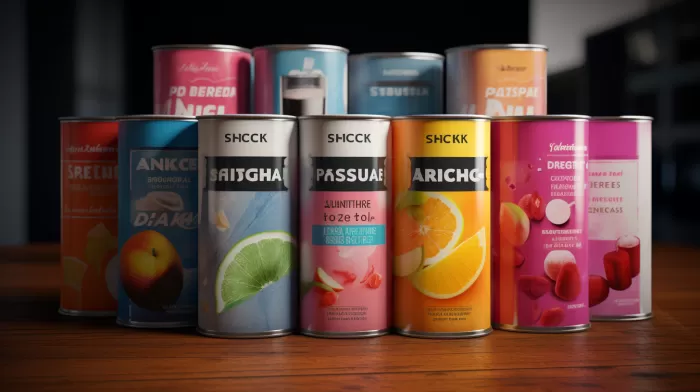Artificial sweeteners seemed like a dream-come-true when they burst onto the scene. Many people thought these little packets of zero-calorie sweetness would put an end to their unhealthy relationship with sugar and pave the way for a diet nirvana. However, rather than delivering the calorie-free sweetness they promised, artificial sweeteners have been found to trick our brains and even cause us to overeat.
The science behind artificial sweeteners
Yale University conducted a review of studies in which they concluded that both sugar and artificial sweeteners can increase your appetite. But unlike sugar, artificial sweeteners don’t activate the food reward pathways in your brain. What does that mean?
When you fulfill your sugar cravings with actual sugar, the reward center in your brain signals that you’ve received the satisfaction you sought. Basically, your brain is left feeling content. However, this doesn’t happen when you consume foods with artificial sweeteners. Instead, your brain and your body continue to desire more and more sweetened foods to get the same level of satisfaction as they would from just a small amount of real sugar.
As a result, you may find yourself devouring five artificial sweetener-laden cookies when you only needed two regular sugar cookies to feel just as satisfied.
The repercussions of over-indulging
Of course, it’s essential to recognize that too much sugar is harmful to our health and can lead to a host of dangerous diseases such as obesity, diabetes, heart disease, hypertension, and even cancer. But let’s also remember that using alternative sweeteners isn’t the solution. By providing an artificial shortcut, these sweeteners trick our bodies, leaving us unsatisfied and craving even more sugar.
So what options are available for those who want to enjoy the sweetness without falling into the trap of artificial sweeteners?
Natural options to satisfy your sweet tooth
While it’s best to enjoy sweet treats in moderation, there are numerous natural options that offer safer alternatives to satisfy your cravings. For example:
- Agave nectar is a natural and healthy sweetener made from the agave plant. It has a mild taste and is perfect for adding to your coffee, tea, or even desserts.
- Coconut sugar is derived from the sap of the coconut palm tree. It’s a natural sweetener that has earthy, caramel-like notes and a low glycemic index.
- Maple syrup is made by boiling the sap of the maple tree. This naturally sweet syrup has a lower glycemic index than sugar, making it a healthier option.
- Raw honey boasts numerous health benefits, including powerful antioxidants and enzymes. Plus, it’s a natural sweetener that’s easy on your body.
In conclusion
Although the introduction of artificial sweeteners seemed like a promising solution for reducing calorie intake, research has shown that they can cause you to overeat and leave you craving more. The best course of action? Stick to natural sugar options and practice moderation when enjoying sweet treats. This will ensure that you can satisfy your cravings while still maintaining a healthy lifestyle.
For more information on the various natural sweeteners available, check out this handy infographic. And to learn more about the deceptive tricks used by the food industry to keep you addicted to their products, click here.



